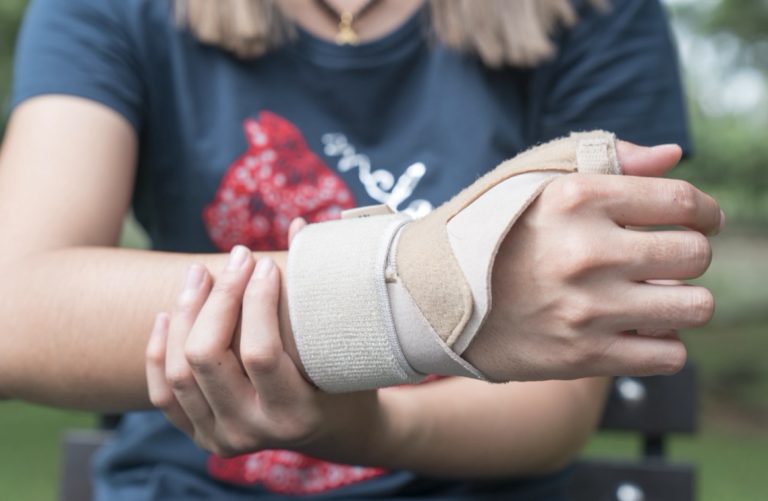Have you been the victim of police abuse? Brutality cases also include psychological harm and emotional harm.
What is police brutality?
Police brutality is unlawful and excessive force committed by police offers. The abuse entails physical force, physical/verbal harassment, property damage, and death.
The solutions to police brutality are few, but the most prominent answer is accountability. You can hold officers accountable by filming them, documenting your case, and contacting a lawyer.
This article will highlight police brutality facts and how you can seek justice. Let’s explore.
What Should I Do if I’m a Victim of Police Brutality?
To bolster your police brutality case, collect any evidence you can find. Consider the following steps:
- Seek medical attention
- File a police misconduct report
- Take photos of the scene (i.e. injuries or damaged property)
- Find witnesses who can corroborate the events
- Hire an attorney immediately
Medical professionals will help you document your injuries. You should also obtain a copy of the medical report. Additionally, retain a copy of your medical bills. Your medical bills will be useful as you seek monetary compensation in court.
When it comes to misconduct reports, file with the department of the offending officer. Note your complaints in writing, and send it to the police chief.
Send your report via certified mail so they cannot deny receiving it. Moreover, you can send copies to the NAACP or the ACLU. Organizations like the ACLU could provide further assistance.
- Note: Write all of the details as quickly as possible. Your mind could forget small details as time passes.
Start from beginning to end as you write the report. Add detail in the following ways:
- Note the names of any witnesses (if applicable)
- Note the location of the incident
- Note the time of day
- Note the contact information of the officers (i.e. names and/or badge numbers)
Use your own words when writing the report. Use exact words when quoting yourself or an officer.
Mention all officers involved in the incident. If you have trouble remembering certain things, you can return to the scene and ask the community to help you.
By returning to the scene, you can also gather witnesses. An eyewitness could have captured the incident on camera. After submitting your report to the police chief (or any other department head), submit another copy to Internal Affairs.
Why Should I Hire an Attorney?
A lawyer can guide you through the legal process. They can also tell you about your legal options. Above all, the best police brutality lawyers should give you realistic scenarios.
More importantly, find a lawyer who has direct experience in police brutality cases. An experienced lawyer should have a solid record of winning police abuse cases.
They should also have legal resources that will strengthen your case. For example, a lawyer with a legal team can devote more resources to your case.
If you win a case, the city could award you compensation. However, city payouts might not be enough to compensate for the suffering inflicted on you.
A police brutality lawyer can ensure the city awards you the maximum compensation owed. As a victim, you can also sue an officer in civil court.
If you sue a police officer, the department will hire a lawyer on the officer’s behalf. The defense lawyer will do one of two things:
- Attempt to settle the matter outside of court
- Decide the case is worth pursuing in court
If the attorney and the client decide to settle, you need a lawyer to pursue the right settlement amount.
If your case goes to court, you need a competent attorney who will combat claims from the defense. The officer’s attorney will do everything possible to damage your credibility. However, your attorney can make you credible in the eyes of a judge or jury.
To find police brutality lawyers, visit brockmaninjurylawyer.com for more information.
What if I Witnessed Police Brutality?
Witnesses can also benefit from the services of a lawyer. This is especially true if they’re involved in a police abuse incident. Police officers could attempt to intimidate witnesses.
If you filmed the event, they could confiscate your camera or arrest you. The First Amendment allows you to record police officers.
If you have video, contact the victim (or the victim’s attorney) immediately. Your phone contains vital evidence needed to bring justice to the victim. Further, your court testimony will bolster the victim’s credibility and counter the arguments made by defense lawyers.
What if I Cannot Get Justice in the Courts?
The court is the only legal route where you can obtain justice. However, police brutality cases often go nowhere. The police department could refuse to discipline the officer.
Further, a jury could acquit the offending officer. However, you still have options.
If you cannot get justice in the courts, take your case to the media. The media can shine a light on your case and amplify your voice. Media coverage also places pressure on public officials who refuse to hold the offender accountable.
The media is more interested in police brutality stories than ever before. Through activism and public pressure, victims can still obtain some measure of accountability.
How Should I Handle Police Brutality?
Remain calm throughout the incident. Don’t try to fight back. Document the incident as much as you can.
Documentation includes taking photos, gathering witnesses, and filing a police misconduct report. From there, find a police brutality attorney who can provide further guidance.
Interested in learning more? Read more of our blog to gain insight into other topics.

0 Comments